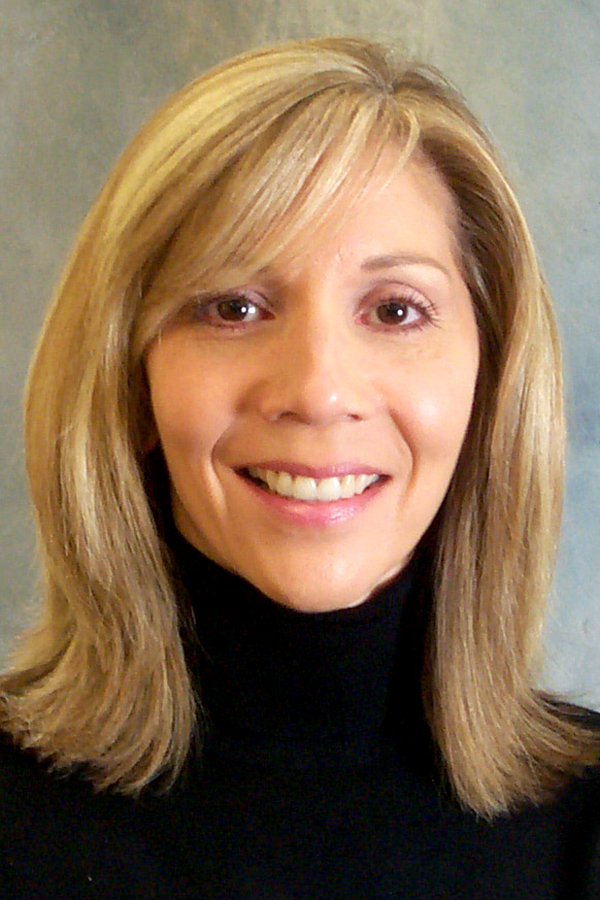It’s been a year since East Central University began its own Native American Academic Services program to ensure that Native American students stay in school and complete their degrees. So far, the results have been encouraging, but its director wants more students and families to be aware that that ECU has an on-campus liaison for students.
The goal of ECU’s program is to serve 18 percent of ECU’s enrollment – Native American students –both in and out of the classroom in order to make sure their college careers are a success, said Renee Hogue, ECU’s director of Native American academic services.
That means providing cultural learning experiences as well as academic services for those students.
“We are partnering with the Chickasaw Nation’s Division of Youth and Family to develop the ECU-Chickasaw Learning Community,” Hogue said. “We’re working with Chickasaw students to provide them with additional cultural and service learning opportunities. This gives them a way to become involved on campus as well as in their tribe. Hopefully, this is just the beginning. We’re looking to develop partnerships with other tribes.”
Hogue also partners with the Choctaw Nation’s Scholarship Advisory Program to provide more retention efforts, such as scholarships and other funding, to keep Choctaw students in school at ECU.
Last fall ECU had 864 Native American students and 29 tribes represented on campus.
One of the most requested services has been helping students find and apply for Native American and tribal scholarships, she said. She has links to Oklahoma tribal scholarship information on the NAAS website at www.ecok.edu/NAAS.
The NAAS program, which is headquartered in Room 318 of the Horace Mann building, also provides academic advisement and enrollment and offers referrals to a variety of on-campus and community resources.
“I refer students to campus programs such as tutoring, financial aid or career services,” she said. “I also refer them to community resources such as tribal programs and services. If students have a need, I try to help them find a solution.”
Hogue emails Native American students about upcoming tribal scholarship deadlines and internship opportunities as they become available. Those kinds of reminders help increase awareness of the services and opportunities available to them.
She holds workshops at ECU each fall to help area minority high school students apply for Gates Millennium Scholarships. She has been selected to read and score these scholarship applications through the American Indian Graduate Center in Albuquerque, N.M.
Hogue also attends several Native American college fairs each year and communicates with Johnson-O’Malley and other high school counselors to let them know about ECU’s Native American Academic Services office.
Cultural learning opportunities usually draw a large number of students, she said. Through the partnerships, Hogue has helped organize informal classes to teach collar beading and how to make puckertoe moccasins. She recently has organized stickball games which are held on the ECU lawn.
Hogue is co-sponsor of ECU’s Native American Student Association. For the university’s Native American Heritage Month last November, she and tribal partners planned a trip to the Chickasaw Cultural Center in Sulphur. She and NASA invited Native American artists and artisans to display and discuss their work. They also organized a film series, cultural food event, peyote stitch class and performances by dancers and drummers.
Hogue, who is Chickasaw and Caddo, is no stranger to student retention efforts. ECU had begun a program to get these cultural and academic efforts underway in 2009 with a two-year federal grant, the Native American Voices Project, which she directed. When the grant ended last year, ECU decided to continue the retention efforts through the Native American Academic Services office.
Before directing the federal grant, she worked 10 years for the Chickasaw Nation, with the last four years on the ECU campus as its recruitment and retention coordinator.

